Xi Jinping warns that “bullying” leads to self-isolation, speaking a day after the US-China tariff truce, highlighting global cooperation.
Chinese President Xi Jinping warned that “bullying” and “hegemonism” in global trade lead to self-isolation, criticizing such behaviors in recent remarks.
His comments followed a temporary trade truce between the United States and China.
This truce marked a brief de-escalation in the ongoing trade war.
At a Beijing summit with Latin American leaders, Xi’s remarks indirectly referenced the U.S. and its approach to international trade.
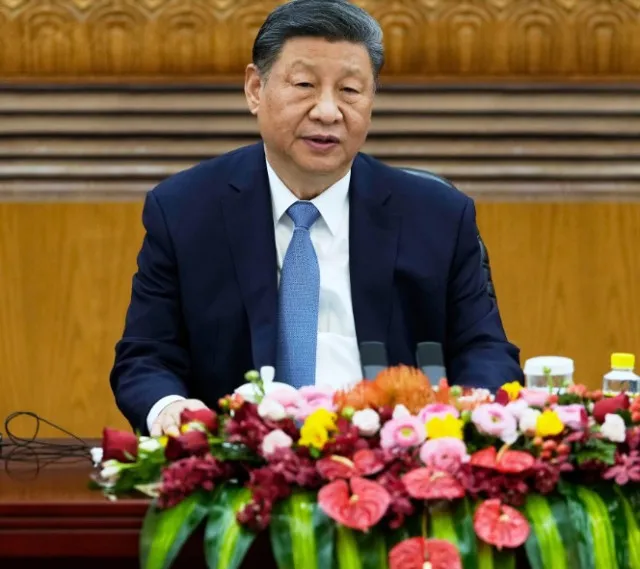
Xi Jinping speaks for the first time after the US-China tariff deferral agreement
Xi used the platform to highlight the importance of unity and cooperation among nations, emphasizing the need for mutual respect in global trade.
“There are no winners in tariff wars or trade wars. Bullying or hegemonism only leads to self-isolation,” Xi said.
He reaffirmed his stance that China is a champion of free trade in contrast to what he views as US-driven policies of intimidation.
Xi emphasized China’s role as a defender of international trade rules and a leader in global trade equality.
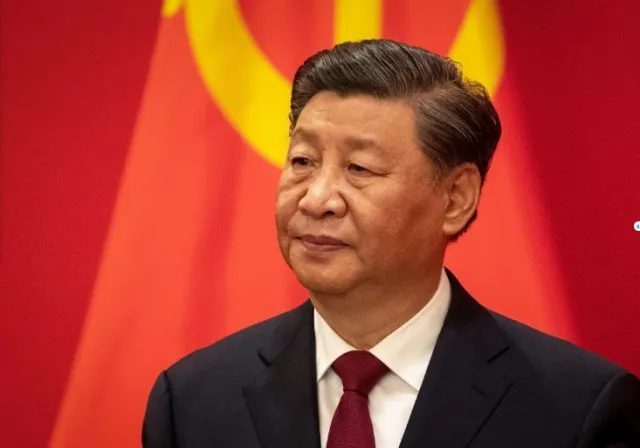
At the summit, Xi stressed that the great changes happening across the globe only increase the need for cooperation among nations.
He argued that cooperation is essential, and isolationism would lead to increased instability.
His speech came at a critical time when U.S. and China policies heavily influence global trade relations.
US-China trade truce and its impact on global markets
The trade war between the US and China, which had been dragging on for months, took a significant turn recently.
After months of escalating tariffs and retaliatory measures, both sides agreed to temporarily roll back tariffs on each other’s goods.
The 90-day tariff reduction agreement was seen as a positive sign of easing global trade tensions.
US tariffs on Chinese goods were reduced from 145% to 30%, and China lowered its tariffs on American imports from 125% to 10%.
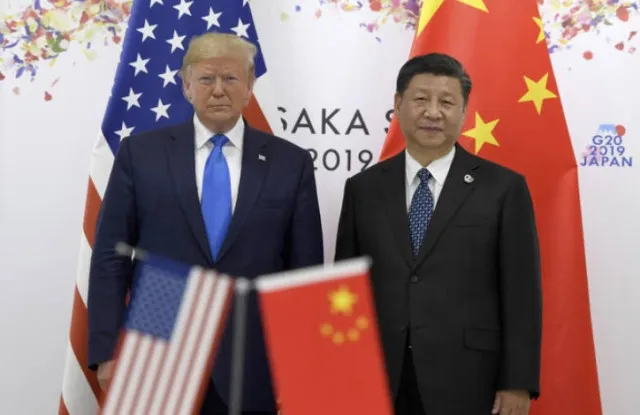
The White House framed the tariff rollback as a win for the US.
However, Chinese officials and state-run media celebrated it as a victory for China, validating their firm stance in the negotiations.
“This is something China must stand firm on. If even China can’t hold the line, wouldn’t that mean the whole world has to beg the US for mercy?” he said.
Chinese commentators credited tariff reductions to China’s countermeasures, claiming they pressured the US to reconsider its aggressive tariffs.
In their view, the trade agreement proved China’s ability to stand firm against external pressures.
A ‘huge victory’ for China’s approach
The Chinese government and media hailed the deal as a victory for China’s commitment to trade equality and mutual respect.
Some Chinese observers noted that tariffs on both sides are now more in line with international norms.
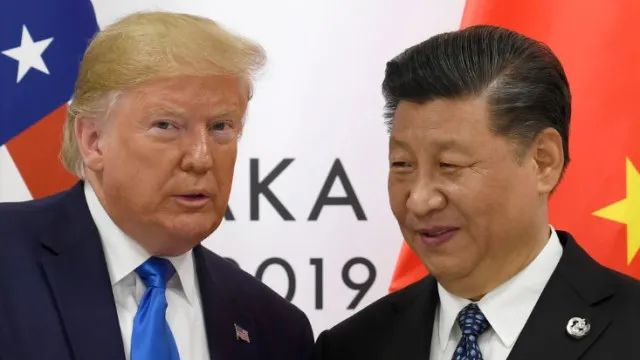
They noted the US’s 10% tariff on China matches that imposed on key allies like the United Kingdom.
Xi Jinping acknowledged the delicate US-China relationship, recognizing their significant economic interdependence.
“Because the economic and trade ties between China and the US are so deeply intertwined, both sides are feeling the pain.
So the idea is to ease the tension for now and push the problem down the road a bit to resolve the complex and deep-rooted differences gradually,” he said.
“It’s like shifting from the original shock therapy to a gradual treatment approach.”
Chinese President’s diplomatic efforts in Latin America
Beyond trade, Xi Jinping’s speech also underscored China’s ongoing diplomatic efforts to strengthen its ties with Latin America and the Caribbean.
At the CELAC summit, Xi announced a 66 billion yuan ($9.2 billion) credit line to support Latin American development.
This initiative is part of China’s strategy to boost its influence in a region traditionally dominated by US interests.
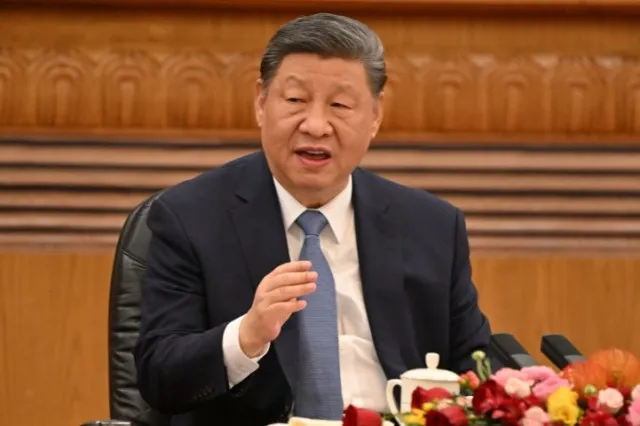
Xi stressed solidarity between China and Latin America, positioning the region as a crucial part of the “Global South.”
He stated: “China and Latin American and Caribbean countries are important members of the Global South. Independence and autonomy are our glorious traditions.
Development and revitalization are our inherent rights. And fairness and justness are our common pursuit.”
Xi added: “In the face of seething undercurrents of geopolitical and bloc confrontation, and the surging tide of unilateralism and protectionism, China stands ready to join hands with our Latin American and Caribbean partners.”